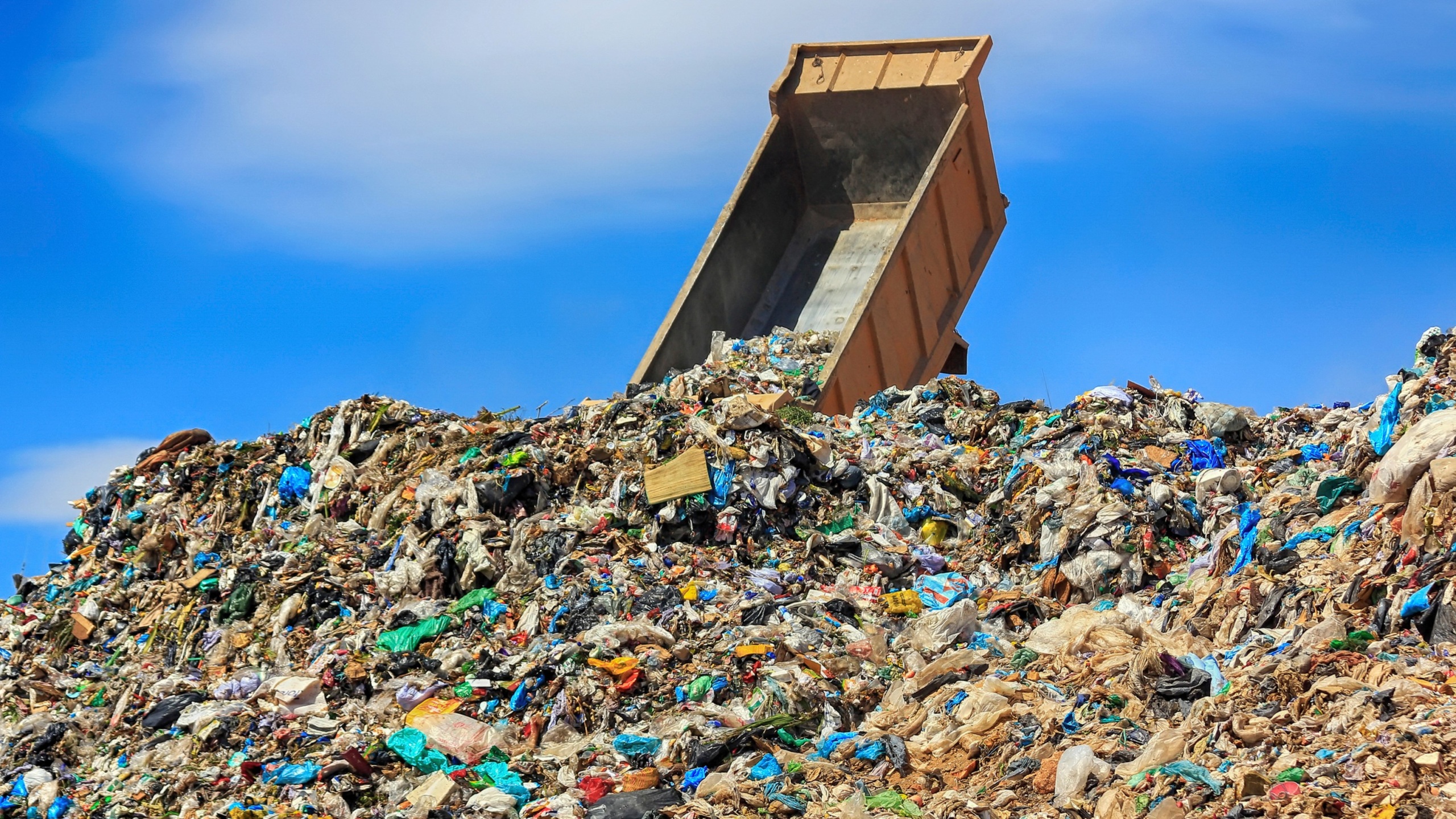
Tell your federal lawmakers: Don’t give plastic incineration a free pass
So-called “chemical recycling” isn’t recycling at all.
SEND A MESSAGE
Former Director, Environment Campaigns, PIRG
What is “chemical recycling”?
It’s not recycling at all — rather, it’s a way for the plastics industry to make and sell more plastic under the guise that it’s being disposed of responsibly.
The process consists of burning plastic (and polluting our air in the process) to make fossil fuels (which warm our climate). We should be moving beyond plastic, not exacerbating the impact of the plastic waste crisis on our communities and environment.
In the coming months, Congress will likely consider legislation supported by some in the plastics industry that would classify plastic incinerators as “advanced recycling.” If approved, this classification would allow incinerators to get around the Clean Air Act laws meant to control the pollution they pump out.
Air pollution from unregulated plastic incinerators can cause serious health issues ranging from asthma to cancer. And the process also releases greenhouse gases that drive climate change.
Officially calling plastic incineration “recycling” would amount to giving a free pass to facilities that are really just trading one form of harmful pollution for another. But if we raise our voices by the thousands and demand that Congress reject this proposal, our elected officials just might listen.
Burning plastic is being proposed as a cheap silver bullet to our country’s out-of-control plastic waste problem in order to give companies a green light to continue business as usual and produce endless amounts of plastic.
But the real solution is to stop plastic pollution at the source by reducing the amount of single-use plastics that get produced in the first place.
Rest assured that our staff and supporters are working together to eliminate the worst single-use plastics through state and local bans, corporate commitments, and producer responsibility laws. But right now, we need to stand together against a practice that’s taking our country backward in the fight against plastic waste.
Former Director, Environment Campaigns, PIRG